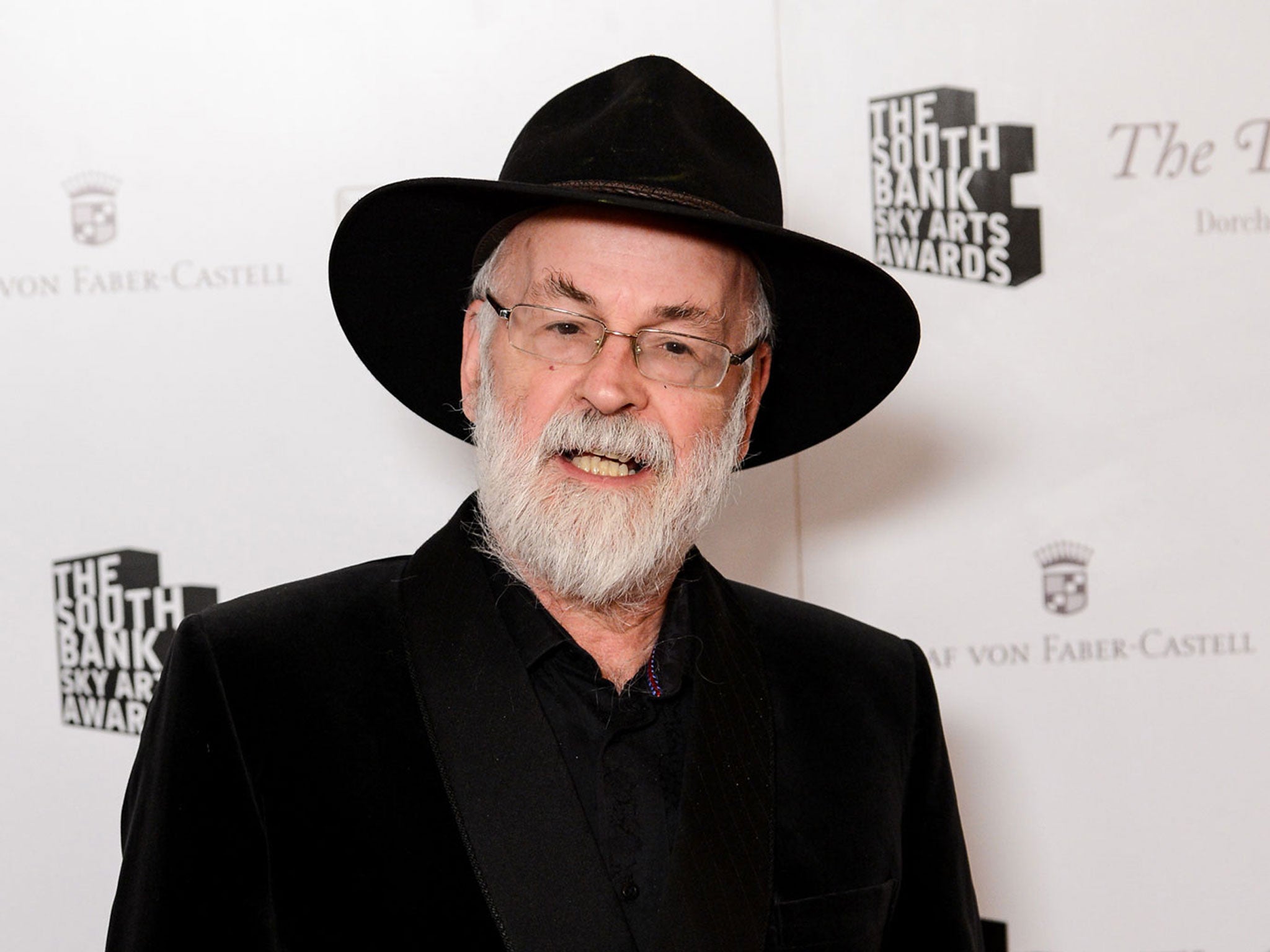The Long Utopia by Terry Pratchett & Steven Baxter, book review: Hard science meets Fantasy
This forced marriage of disparate talents has produced a diverting offspring

This is a marriage of talents that really shouldn't work. The late Terry Pratchett was the undisputed master of comic fantasy, cheerfully channelling everything in his armoury to produce witty, immensely imaginative novels. Steven Baxter also sits comfortably in the pantheon, but in his case as Britain's principal writer of "hard" science fiction, using underpinnings of real science which make his outrageous narrative leaps utterly plausible – and with not a hairy-footed troll to be seen.
In other words: Pratchett=Magic/Baxter=Science. But against all the odds, The Long Utopia, the latest in a continuing, now-posthumous collaboration, demonstrates that this forced marriage of disparate talents has produced a diverting offspring, with the scientific comfortably seeing off the supernatural.
In fact, the notion behind the series was a Pratchett concept that he decided not to follow, striking off instead into the whimsical Discworld (which rests on the backs of pachyderms and a turtle). The "Long Earth" is a sequence of Earth-like parallel worlds reachable by means of a device called a "stepper". Pratchett had discussed his alternative ideas with the prolific Baxter who, apart from his own work, is something of a specialist in teamwork with other writers, as his books based on concepts by Arthur C Clarke have proved.
So – the $64,000 question – how much of the series is Pratchett and how much Baxter? The latter claims that the lion's share is that of his late colleague, but the division of labour matters less than the final result. And how impressive is the world-building of The Long Utopia.
In the future, seismic upheavals have created the Long Earth, and societies on the different worlds have developed in strange new ways. The ageing Lobsang has cut his ties with Earth and now lives on a distant planet with his partner Agnes. But he begins to believe that he has been guided to this new universe for a particular reason; bizarre sightings and unexplainable events crowd in. And Joshua, Pratchett and Baxter's other protagonist, learns that something terrifying is transpiring beneath the surface of his planet.
Those looking for the steady stream of Pratchett wit will be disappointed, though humour is certainly in evidence – but this is very much a science-fiction novel, rich in an awe-inspiring sense of wonder, with mind-boggling concepts thrown out like sparks from a Catherine wheel. Pratchett is dead; long live Baxter and Pratchett!
Join our commenting forum
Join thought-provoking conversations, follow other Independent readers and see their replies
Comments